Sustainability of Nature Based Solutions (NBS) interventions for water treatment in agricultural contexts
Title Nature-based solutions for climate change adaptation and water pollution in agricultural regions
Location San Rocco di Piegara (Verona), Venice Lagoon, Agropontine Plain (Latina)
Duration 2019 – 2021
Partner Iridra S.r.l.
Framework Invitation to tender no. JRC/IPR/2019/OP/0394
Funding Joint Research Centre, European Commission
Context
The study considered three pilot cases of phytodepuration interventions on Italian territory:
- San Rocco di Piegara (VR): Management and treatment of manure from intensive pig farming. If not properly treated, high quantities of manure can have social, environmental and economic impacts at local level, in particular regarding air emissions and water bodies pollution.
- Venice Lagoon: an area of high environmental value but characterised by intensive agriculture and by an articulated network of drainage canals that flow into the main waterways. The “Plan for the prevention of diffuse pollution and water reclamation in the drainage basins of the Venice Lagoon” finances measures aimed at phyto-purification to reduce and mitigate the impact of nitrates on the one hand and flooding on the other.
- Agropontino Plain (Latina): area characterised by intense industrial and residential development with strong environmental pressures from livestock and intensive cultivation. The eutrophication of surface waters, due to excessive nutrient loading from diffuse sources, is one of the major barriers to achieving the quality objectives set by the Water Framework Directive (2000/60/EC).
General Objective
The study aims to:
- Identify and understand the existing relationships among stakeholders and local actors and how they behave towards NBS works that have been implemented in their territories;
- Assess the sustainability of NBS interventions from by identifying and analysing the different impacts produced by the pilot projects at local and community level;
- Assess the functionality of each NBS solution as a model of economic and social development and in terms of replicability in other contexts.
Our contribution
The activities that ARCO carried out within the framework of the study and in relation to the three pilot cases included:
- Data collection through the conduction of semi-structured interviews and focus groups;
- Development of a matrix for the identification of “social value” in terms of ecosystem services;
- Identification and selection of indicators and socio-economic and environmental impacts;
- Elaboration of a SWOT analysis.
Read more on our Circular Innovation & Sustainable Commodities Unit
Related Projects
-

Memorandum of Understanding for a hop garden for the production of ‘made in Prato’ craft beer
-

FLOWTEX, fostering circular innovation and technology transfer in the textile district in Prato
-
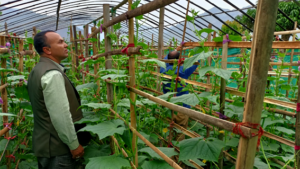
Development of the spices and seeds value chains to foster youth and women empowerment in Nepal
-

RESET – Capitalizing on best practices to support the creation of green businesses in the Mediterranean
-
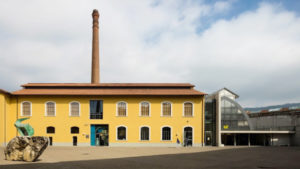
Prato Circular City: the integrated strategy for the circular transition of the city of Prato
-
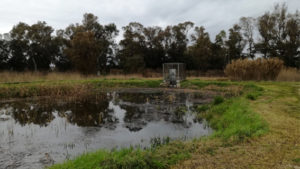
Sustainability of Nature Based Solutions (NBS) interventions for water treatment in agricultural contexts
-
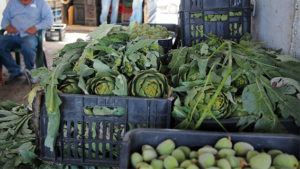
Reorganisation of agricultural cooperatives and optimisation of laboratory procedures for agricultural products in Lebanon
-
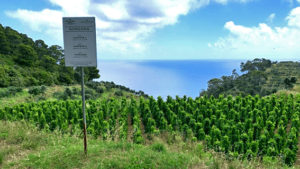
Inserimento lavorativo e formazione in Economia Circolare, agricoltura e sostenibilità per i detenuti delle isole di Gorgona e Pianosa
-

Project URGE and Circular Economy, technical and scientific support for the Municipality of Prato
-

SIRCLES, fostering inclusive employment opportunities in the Circular Economy sector
-
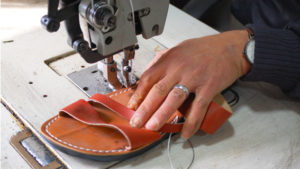
Peace Steps in Palestine : mid-term evaluation & Support to the creation of an Ethical Charter
-
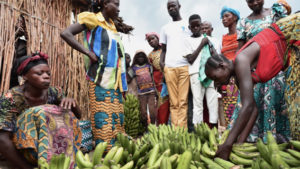
Creating social business to develop the agro-industrial supply chain in Senegal
-
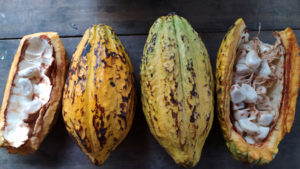
Need Analysis to promote the sustainability of small cocoa producer communities in Ecuador
-
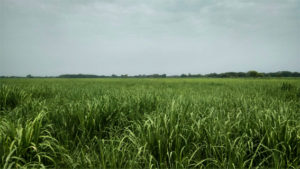
Promoting the sustainability of the sugar cane supply chain in El Salvador
-
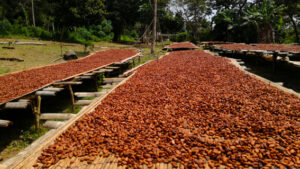
Need Analysis to foster the sustainability of cocoa beans farmers in Togo
-
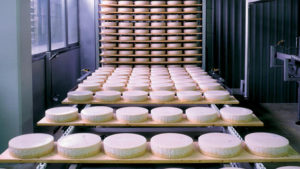
Evaluation of the promotion campaign for Piave DOP cheese in Austria, Germany and Italy
-
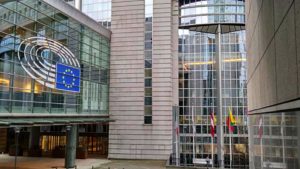
Partnership for the Urban Agenda on Circular Economy, a European network
-
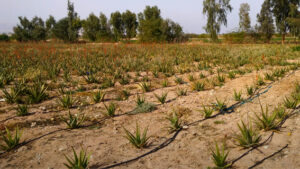
Aloe Vera, a crop to revive the economy of Karak, Jordan
-
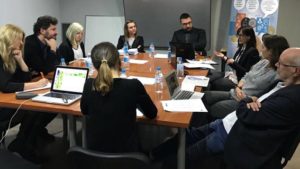
Cycle: il progetto per integrare l’economia circolare nella formazione per adulti
-

Improving the sustainability in the cherry supply chain in Bulgaria and Turkey
-
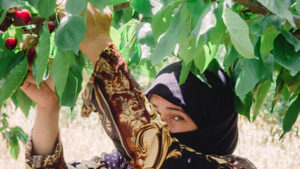
Towards the creation of a quality label for the cherries from the Bekaa Valley
-
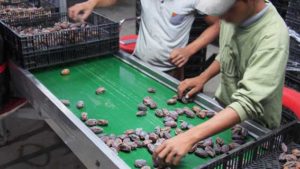
Improving quality management in a Palestinian date cooperative
-
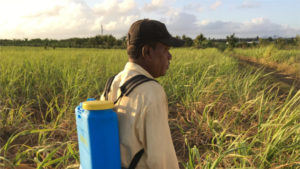
Needs analysis for sustainable sugarcane production in Mauritius